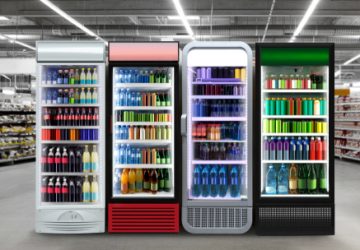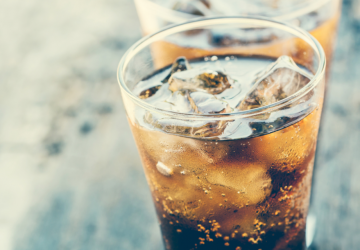Anti-consumer activists are already branding snack foods the new tobacco, with Action on Smoking and Health’s John Banzhaf declaring, “People are wondering if tactics used against the tobacco industry very successfully… could be used against the problem of obesity.” Now, sugar is being targeted, The Los Angeles Times reports.
Repeating the charge that “sixty percent of the U.S. population is overweight or obese” — a number reached after the U.S. government tweaked the body mass index (BMI) scale in 1998 and tipped 30 million Americans into those categories overnight — the Times laments that “neither food companies nor federal health officials have addressed the spiraling consumption of sweeteners and the role they are playing in fattening America.”
So it’s CSPI to the rescue: The Center for Science in the Public Interest, which calls for “taxes on snack foods and soft drinks,” also wants the government to create a “maximum recommended allowance” of sugar in food products. And where there’s a “crisis” there’s always room for profit: Nancy Appleton, dubbed an “anti-sugar activist” by the Times, says “I can’t tell you how many sugar-holics there are out there that need help.” Appleton just happens to be marketing an anti-sugar book and a special gum to help “sugar addicts” quit.
When marketing and activism reign supreme, draconian “solutions” follow. Columnist Elaine Babcock sums up the anti-obesity game plan, calling on the government to “remove the pop and vending machines from schools,” and urging restaurants to “offer smaller-portions plates.” She is echoing people like California State Senator Deborah Ortiz, who wants taxes on every bottle of soda sold in the state, and Ortiz’s colleague State Senator Martha Escutia, who pushed through legislation that bans the sale of foods that do not meet arbitrary standards for fat and sugar content on elementary campuses and limits the sale of carbonated drinks at middle schools. Escutia has vowed to “remove junk foods from schools in the next four years.”
But blaming sugar and soda for obesity is just inaccurate, according to Guy Johnson. “There is no nutritional reason why soft drinks, water, teas, sports drinks and juices should not be made available to students and faculty” in schools, Johnson recently told the New York State Assembly Health Committee. “All these beverages, consumed in moderation, fall within the Dietary Guidelines established by the U.S. Department of Agriculture and the American Dietetic Association.” Johnson concludes: “We need programs based on good science, not emotion.”
Filed Under: Soft Drinks




